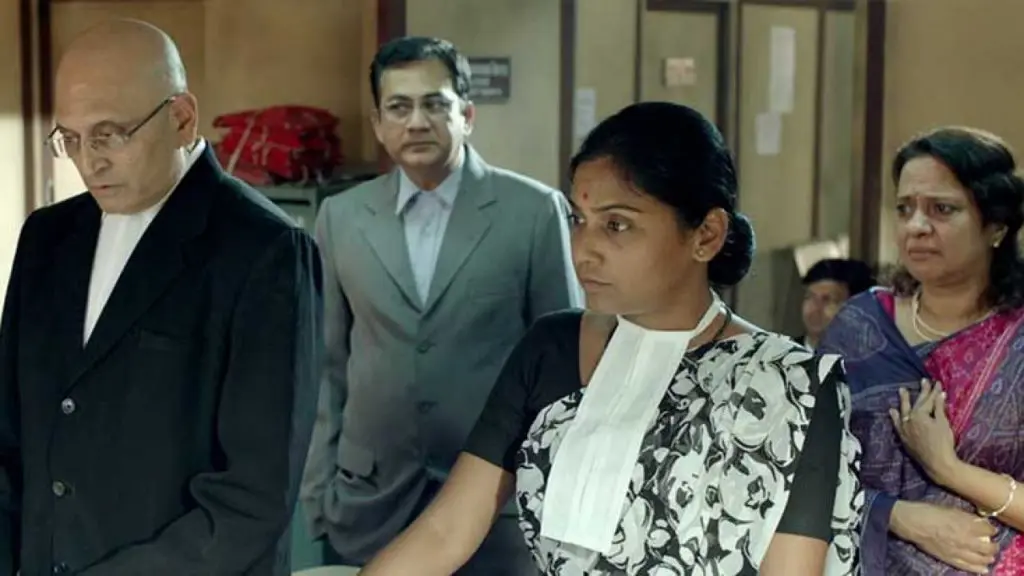Summary
Despite admirable intentions and a willingness to really be about that it purports to be, Firebrand is nonetheless a messy film that frequently undermines its own objective.
The cultural importance of Netflix can’t be understated, and it isn’t for the reasons you’d think. Sure, it’s notable that Roma, an unashamedly self-indulgent Spanish-language arthouse film exclusive to the platform, is one of the frontrunners in several major categories at this weekend’s Academy Awards. Susanne Bier’s apocalyptic thriller Bird Box became an overnight viral sensation and spawned a ridiculous meme fad that almost got people all over the world killed. (Netflix themselves had to issue a rather perplexed warning.) But the true value of the streaming service is quieter, less obvious and sensational. It’s that now global filmmakers have a fair share of a platform with a virtually limitless audience. Now films like Firebrand, the latest of several recent-ish Indian feminist projects, have an unprecedented reach.
Just a few years ago, audiences would have to jump through major hoops to see anything like the short documentaries Ladies First or Period. End of Sentence, both of which were non-fiction accounts of on-going women’s issues in India, or indeed something like Firebrand, a Marathi-language drama written and directed by Aruna Raje and produced by Priyanka Chopra’s Purple Pebbles Pictures. The film, which debuts on Netflix today, concerns a workaholic lawyer, Sunanda Raut (Usha Jadhav), whose tireless efforts on behalf of wives who have been mistreated, abused and abandoned does little to mask her own traumas stemming from childhood sexual assault.

Firebrand is an important film, then, and one which doesn’t shy away from what it wants to be or say – the problem is that it isn’t very good. Highly reliant on National Award-winning actress Jadhav, who is very good here, the film nonetheless has little clue what to do with her character beyond what seems to be one thing after another. Many potentially interesting internal conflicts and paradoxes are brought up, teased and then abandoned, and attempts to create nuance around Sunanda result in lurching characterisation as she pivots from one personality to the next.
The tone is much the same. Firebrand’s desire to be capital-A About something are so painfully obvious that they can come across as contrived and theatrical – and dare I say it, comical. Attempts to delve into the psychological and emotional legacy of rape are expressed in ways that are often silly or unconvincing, which frequently undermines some of the good work done in the film’s more even-handed sequences. A strong supporting cast – including Girish Kulkarni as Sunanda’s feminist husband, and Rajeshwari Sachdev as a similarly troubled but temperamentally opposite woman divorcing her blameless husband (Sachin Khedekar) – are equally mistreated by the script, playing roles rife with contradictions and awkwardness.
A shame, then. Firebrand still has effective elements; they’re just lost amid overly busy overarching narratives that muddle the film’s essential point and position. The performances and intent are admirable, but the execution quickly puts out any flames that Firebrand might conjure.




